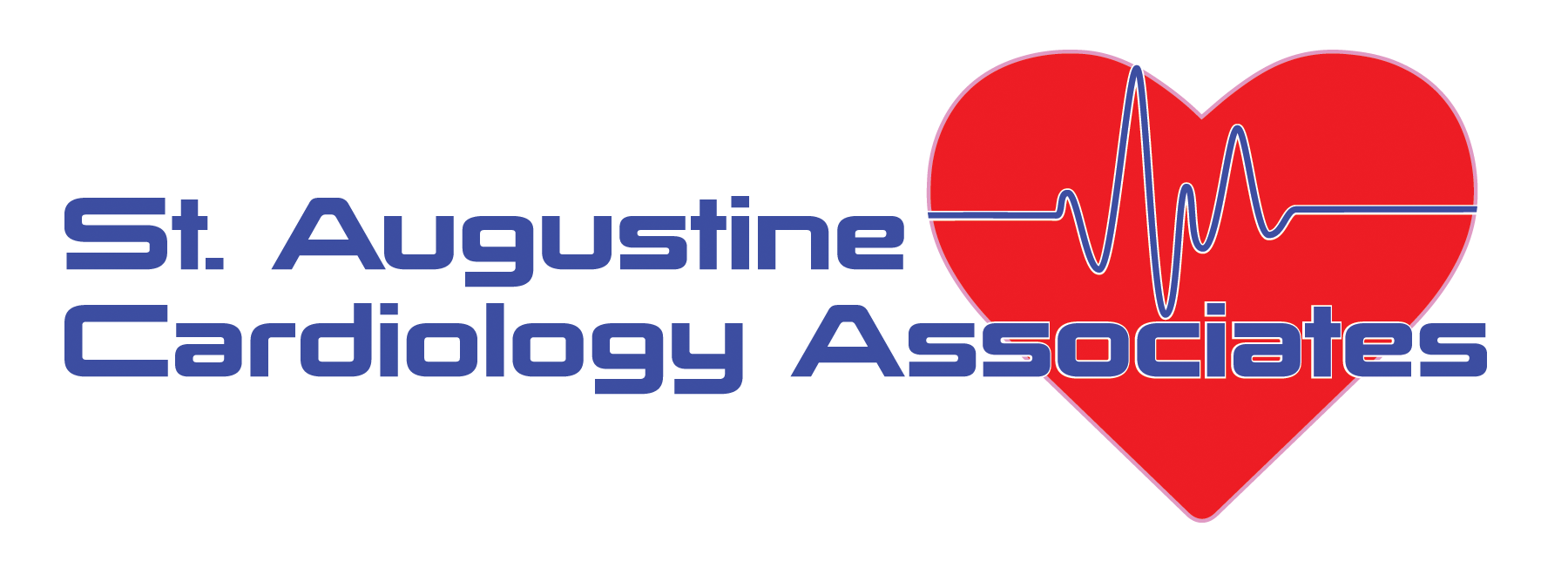The COVID-19 Vaccine
Patients with heart disease are at an increased risk for complications from COVID-19. We strongly recommend our patients receive the COVID-19 vaccine as soon as possible. The St. Johns County Health Department is currently administering the vaccine, and you can find more information at http://stjohns.floridahealth.gov/, or through their 24/7 COVID-19 call center (1-866-779-6121).
Heart disease is NOT a contraindication for receiving the vaccine, and based on the current data, it is far more dangerous to contract the COVID-19 disease that to receive the vaccine. If you are taking blood thinners, please request the technique below, per ACIP guidelines*.
Remember that the vaccine does NOT take full effect upon the first dose, so it is very important to return for your second dose within the recommended time frame by whoever is administrating the first dose. It is also important to continue to exercise preventive measures like frequent handwashing, social distancing, and wearing a facemask.
Text SJCVACCINE to 888777 for updates regarding the vaccine.
*For intramuscular vaccination in patients with bleeding disorders or taking blood thinners: a fine-gauge needle (23-gauge or smaller caliber) should be used for the vaccination, followed by firm pressure on the site WITHOUT rubbing, for at least 2 minutes.
The Heart Patient’s Hurricane Checklist during Covid-19
Hurricane preparation is important. A flashlight, extra batteries, rain gear, medications, a first aid kit and a 7-day supply of non-perishable food and water are just some of the essentials you might need during a severe storm and its aftermath.
This year has an additional challenge, COVID-19. Cardiac patients are often at greater risk of contracting an infection. So, try to get everything you need early on, to avoid the last-minute crowds in stores. It’s almost impossible to maintain adequate social distancing in those situations. And that could prove to be more dangerous than the storm itself.
Infection-fighting additions for your disaster kit
In addition to hurricane kit basics, patients should also make sure they have an adequate supply of face masks, gloves and hand sanitizer.
Evacuation could pose a risk. Face masks will be especially important if patients have to be evacuated to shelters. Flood water and other standing water can also pose an infection hazard. So, be sure your storm kit includes mosquito spray to guard against insect bites, and antibiotic cream and bandages to cover any open wounds.
Plan ahead for a hurricane during the COVID-19 pandemic
Many cardiac patients take prescription drugs on a daily basis. So, plan ahead to make sure you have at least a two week supply of your medications on-hand, and prepare a dedicated cooler with ice packs or frozen water bottles for any that need to be kept refrigerated. Make a list of all the medications you take and their dosages, and make sure you have enough medications to last at least 2 weeks.
Find out where your nearest emergency room is and how to get there. It’s a good idea to check with your insurance company in advance to see which ones are covered by your policy.
Fill up your vehicles gas tank, too, in case you need to seek medical attention – or evacuate.
Organize your medical information in one place
It’s possible you won’t immediately be able to travel to your cardiologist for any care you need, even after the threat of a severe storm has passed. You might be eligible for a virtual visit instead. But if you need to see a doctor who’s not familiar with your heart history or treatment, it helps to have all of your care information organized in one place. This includes:
- Your diagnosis, including your type of heart disease.
- Your most resent heart catheterization report, stress test or echocardiogram
- A list of any other medications you’re on, including any supplements or OTC meds
- Allergies and immunizations
- A copy of your most recent EKG
Make sure to stay up with the most recent weather reports and advisories through local government web sites and through the National Weather Service. If evacuation is recommended start the process early.
Important Covid 19 Update!
During these trying and difficult times, we are all trying to adjust to the “new normal”. With rapidly changing information, we would like to outline some important information. First, we are available and ready to take care of our patients. We are adjusting office hours on a daily basis but our providers are available by phone. Please follow the prompts when calling 904-824-1776. We are also available for “Telehealth” visits. We do require appointments, and you need to have a smartphone or video and voice available on your computer. We send an email or text for an invite to connect to our providers. We ask for just a few things.
As has been reported by the CDC, patients with underlying cardiovascular disease are at a higher risk for of contracting COVID-19, we are advising patients with these underlying risk factors to be vaccinated against influenza in accordance with current guidelines.
Addressing the “Myths”
Just a few words from our providers regarding some of the misconceptions being circulated on the internet, •
Remember: WHAT YOU DO MATTERS!
© 2016 St. Augustine Cardiology - 201 Health Park Blvd., Suite 105 - St. Augustine, FL 32086 - All rights reserved.
Serving cardiology patients from St. Augustine, Palm Coast, St. Johns County and the surrounding areas.
Powered by Ward Media Group, St. Augustine, FL

